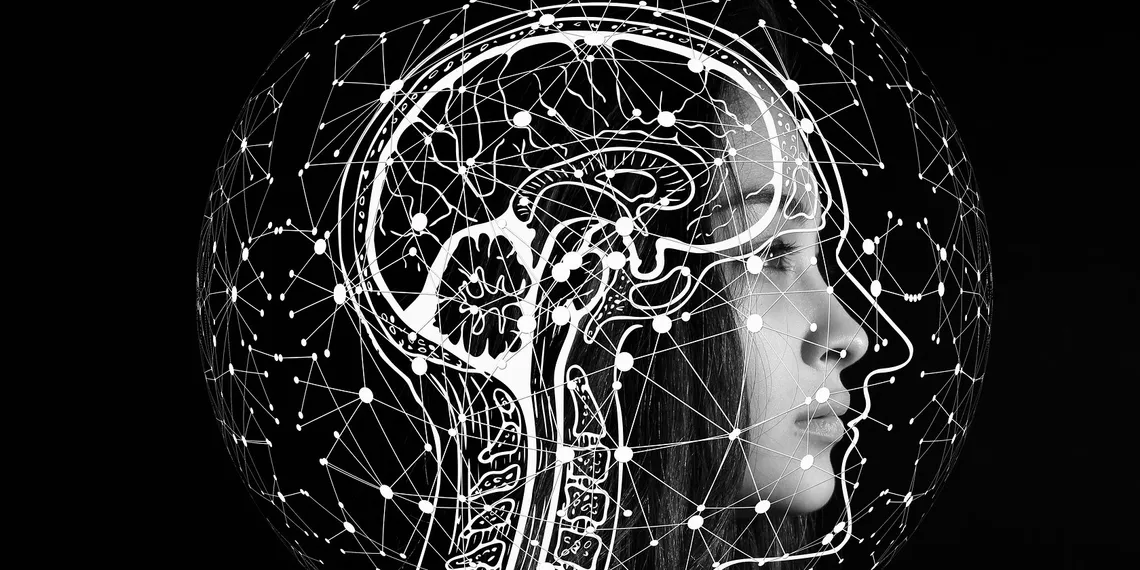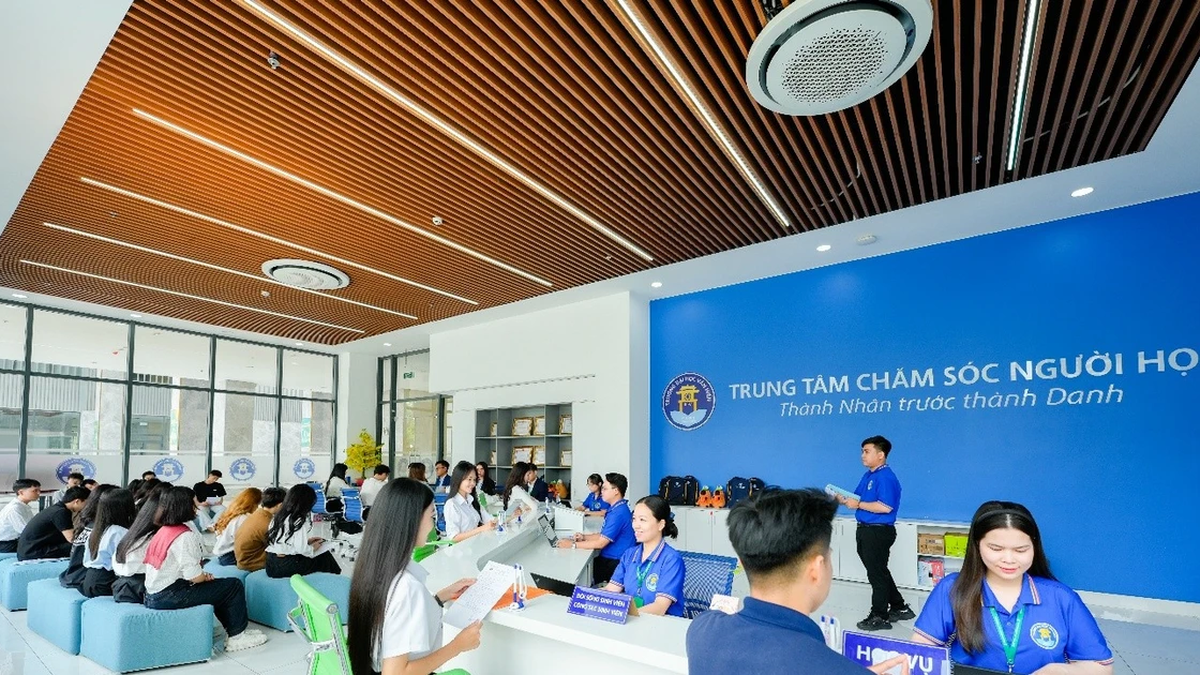With the rapid development of artificial intelligence (AI), employers have thought of automating processes to make work more efficient. On the other hand, employees are worried about being replaced by AI and losing their jobs. However, this scenario is unlikely to happen for the following reasons.
1. AI lacks EQ
EQ (emotional intelligence) is the key factor that separates humans from machines. The importance of EQ in the workplace cannot be underestimated, especially when there are problems with customers that need to be dealt with.
Humans need to connect emotionally with others. AI wants to emulate human intelligence, but EQ is not easy to imitate. That is because it requires empathy and a deep understanding of human experience, especially pain and suffering. AI does not feel pain. So no matter how well AI is programmed, it is very difficult to develop emotions with machines.

2. AI doesn't know how to adapt
If the input data is new to the field, or the program’s math doesn’t account for unforeseen situations, AI becomes useless. These situations are common in manufacturing and industry. AI developers are always looking for temporary “fixes.” Expecting AI to adapt to every situation is unlikely.
The brain's reasoning ability and power to analyze, create, improvise, maneuver, and gather information cannot be easily replicated by AI.
3. Limited creativity
When it comes to brainstorming ideas and working methods, AI lacks human creativity because it only works based on received data. It cannot think of new ways of doing things, new styles, and is limited to available models.
Employers and employees understand the importance of creativity in the workplace. Creativity is the foundation of innovation. People can think outside the box, pull information from different sources, and come up with solutions to complex problems even with limited data.
4. AI has no soft skills
Soft skills are something every employee must have. These include teamwork, attention to detail, creative thinking, effective communication, and the ability to explain things. Every profession needs soft skills and you must develop them to succeed. However, this is something that is foreign to AI, simply because they cannot reason and do not have EQ.
5. Humans make AI
Without humans, there would be no AI. Humans created AI, wrote the code to develop it. AI works on data that humans input, and humans use AI. As AI applications continue to develop, more and more related services will be added, such as process design, operation, maintenance, etc.
6. AI complements, not competes with humans
AI applications will certainly be increasingly applied in the workplace and do many tasks for humans. However, it is often repetitive work that does not require thinking or reasoning. Changing work environments will lead to new roles for humans.
According to a report by the World Economic Forum, AI-enabled machines will replace 85 million jobs by 2025, but on the contrary, 97 million new jobs will be created thanks to AI. Progressive organizations will think of ways to use AI to support humans to achieve higher productivity, instead of wanting to replace employees with AI.
7. AI needs to be tested for accuracy
A big problem with AI chatbots like ChatGPT is that they are often inaccurate and need to be reviewed by humans. While they learn quickly, AI lacks common sense and the ability to reason about events like humans do. That’s why you should avoid asking AI chatbots certain things.
Overall, AI is not something to be afraid of. Instead, you have to upgrade yourself so that you will not be replaced by AI, such as staying updated with the latest trends in your field, always being creative and innovative. That way, no boss will want to lose an employee like you.
(According to Make Use Of)

Source





































































































Comment (0)